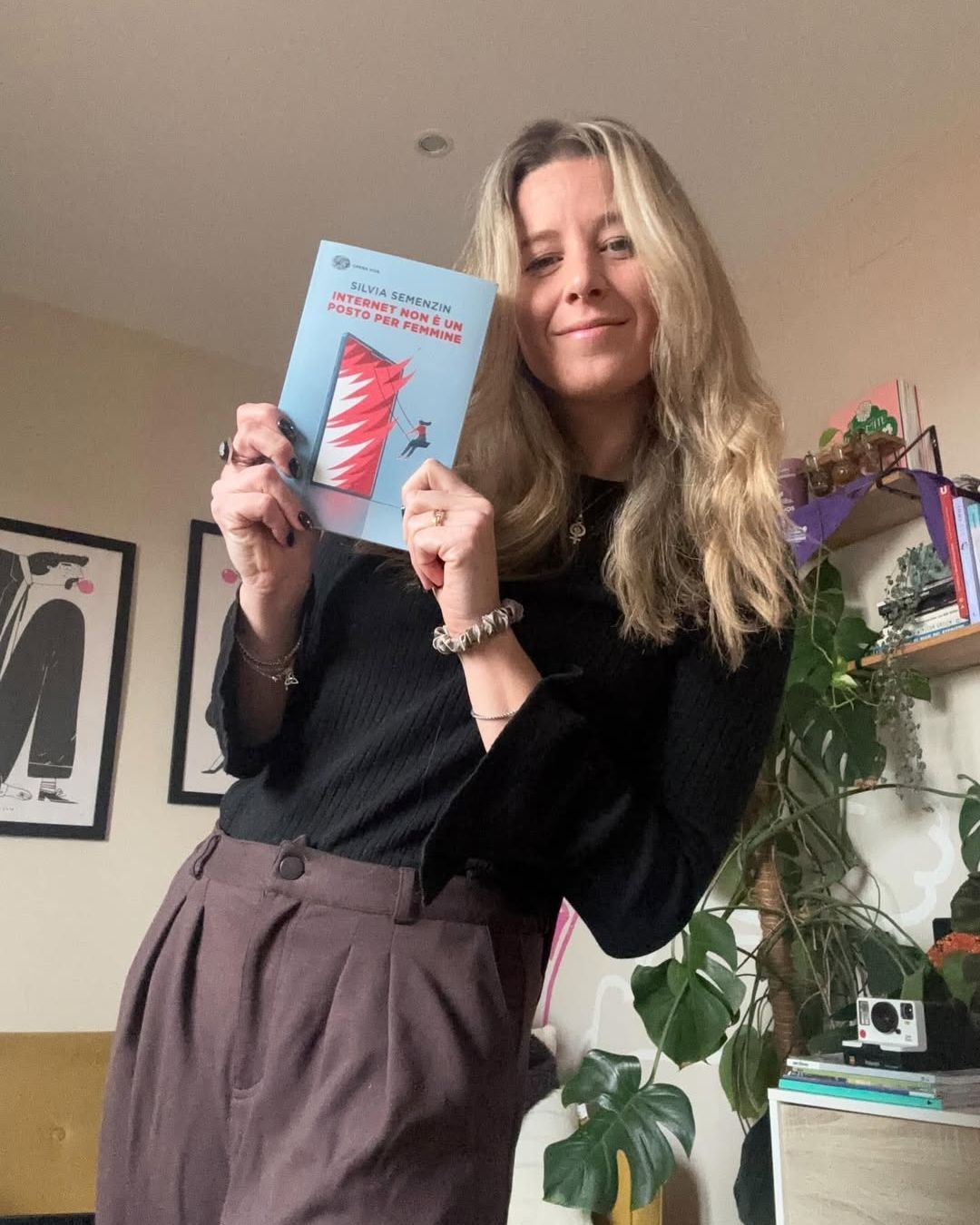
No, an influencer does not have to speak out on international politics Nor should we ask
The events of October 7th brought to light, stronger than ever, a trend that had already been observed before. It's a complex trend that raises questions and reflections about how we perceive fame, how prestige and the number of followers affect our opinions, and how public opinion works in 2023. First, there was Chiara Ferragni, criticized for enjoying her vacation in Sicily while the island was on fire due to climate change. Despite the importance of the cause, Chiara Ferragni was not the right person to ask.
Everyone needs to weigh in on everything
Next came on X the threads about celebrities taking sides on the Palestine-Israel issue, driven by users with a clear intention to either criticize or glorify someone. In the comments, there was a flood of judgments. Some were expected, while others were disappointing. People noted they would keep these reactions in mind when deciding what to watch or buy, and so on. In an internationally tense atmosphere, where it's impossible not to be influenced by what we see on social media and to ask questions, maybe even express a personal opinion, it seems inconceivable that a person considered famous (regardless of the reason, whether athletes, influencers, pop stars, actors, creators, presenters: they are all warmly encouraged by their followers to speak up, and quickly) would not say something about everything happening in the world, or at least about the latest hot topic.
The consequences of demanding public stances
How one carries themselves on their social media profiles is a personal choice, and for personalities and companies, it's also influenced by target audience and branding needs. If someone chooses to take a clear stance, perhaps one contrary to their government's position, that choice should be theirs alone. This is not the focus of this article, which exists independently of the personal opinions of both the writer and the reader. What stands out here is the attitude of the public, the insistence of those who demand well-thought-out posts on extremely complex issues from practically anyone, even at the risk of muddying the waters or expressing shallow and useless thoughts, as long as it sparks discussion. An example of the harm this approach can cause is what happened with Jamie Lee Curtis, who, in condemning the atrocities committed by one side, shared a photo of the victims of the wrong side, the very side she was condemning. Justin Bieber did something similar, reposting an image of the destruction caused by the side he wanted to support. The posts were later removed, more general appeals were reformulated, and no explanation or correction was provided. Those who believed, believed, and those who knew, knew. And that was the end of it. Confusing pictures, no fact-checking, the right of peoples and nations reduced to mere partisanship.
Not everyone has to say something
Deciding who to support, follow, endorse, go see in a theater, at the movies, or in a stadium based on their personal opinions is valid. However, asking these individuals to say something is a different matter. What contribution, for instance, could a singer make? And most importantly, why do we need them to? It almost seems that, in the eyes of the general public, any form of fame imposes a sort of double responsibility on those who have it: to speak on everything and to make everyone happy, legitimizing those who agree and delegitimizing those who don't. With authority, no less. The truth, even if it sounds undemocratic, is that not everyone can speak on everything, not everyone can (or should) have something to offer on issues that have been ongoing for decades, and not everyone can manipulate public opinion at will or convince the undecided, especially if they have a certain level of fame, and therefore a responsibility towards their audience. And that's perfectly fine.
Shifting the focus
The influence of content creators and anyone with a following is undeniable. In fact, it should be limited, confined to their sacred spheres of influence: purchases, trends, content to watch or not. They too should self-regulate, learn to discern what should be shared in the flow of daily stories and what might warrant private reflection, sharing reliable sources instead of the same old thoughts on white backgrounds. In the world of social networks, fake news, and confusing artificial intelligence, our beacons of information and clarity should not be famous personalities, but the sources that we, with our personal critical thinking abilities, have deemed valid and shareable, reasoned values, activism, and genuine participation, regardless of the infographics we manage to share on Instagram. And if we have the fighting spirit to direct towards someone to urge them to decide, take a stance, or sign a petition, all the better. It's a sign of a good collective conscience, a constructive and sacred impulse. However, perhaps we should direct it towards our government representatives, the ones we voted for exactly for this purpose, rather than famous individuals, whether they're on social media or not.

























































